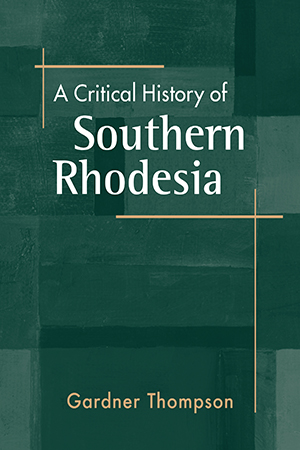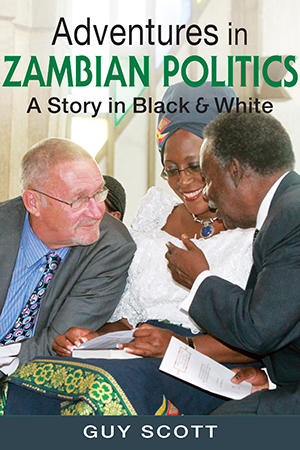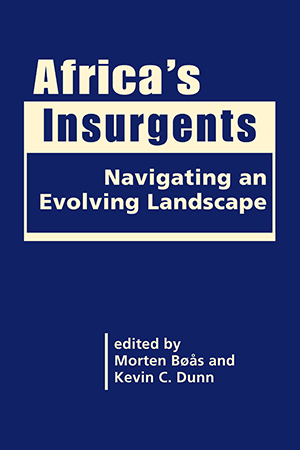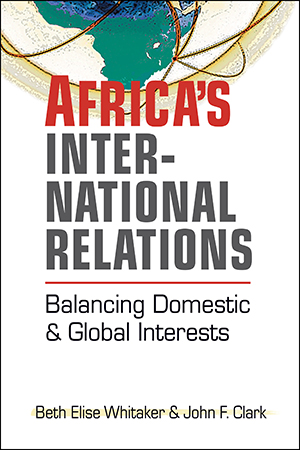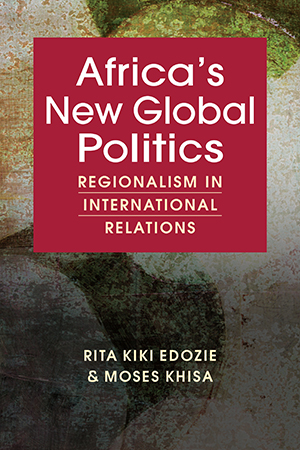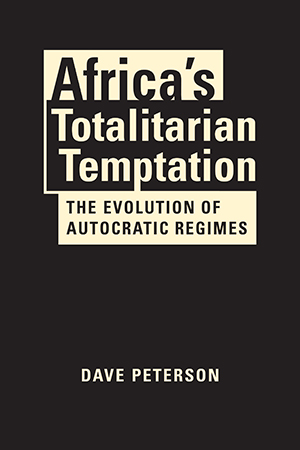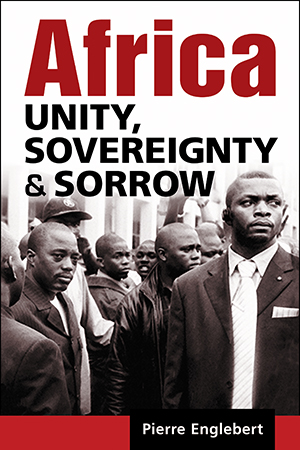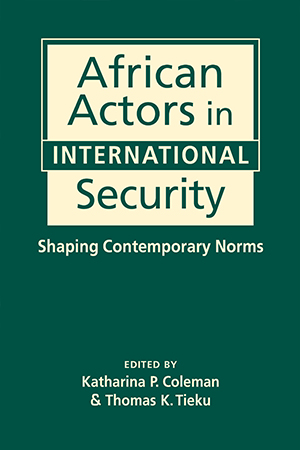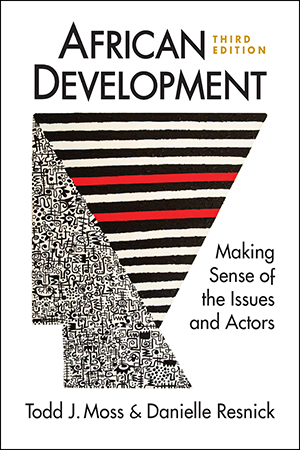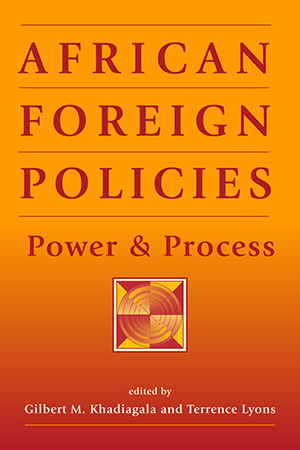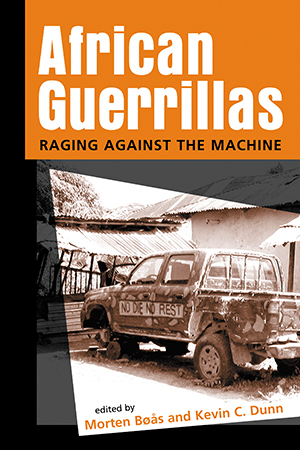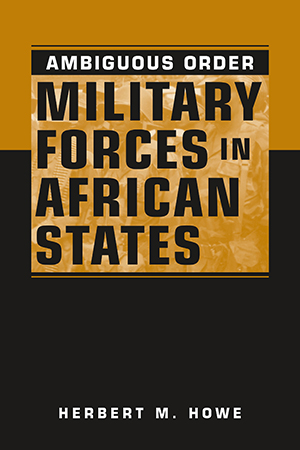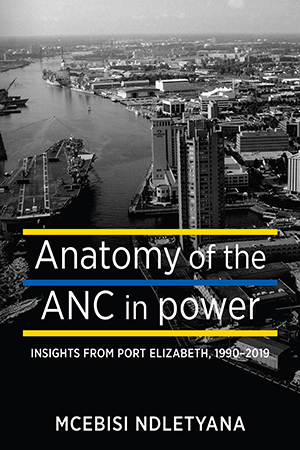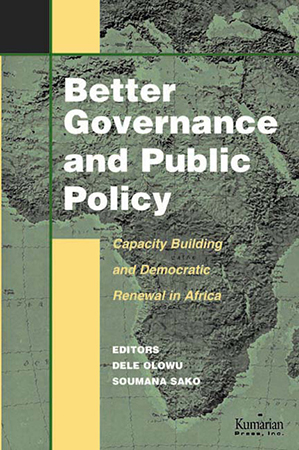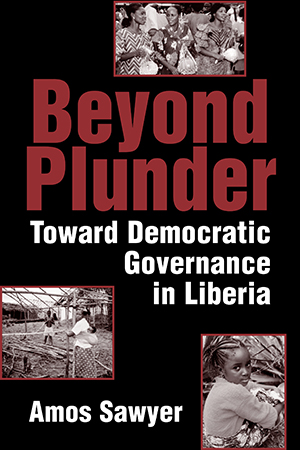African Politics
Gardner Thompson offers a fresh history of British rule in Southern Rhodesia, from the first colonial settlements in Mashonaland in the 1890s to the establishment of the country's More >
As Miles Larmer writes in the foreword, Adventures in Zambian Politics is unlike any political memoir you have ever read. It is ... A political history of Zambia from colonial times to More >
Amid an array of shifting national, regional, and global forces, how have African insurgents managed to adapt and survive? And what differences and similarities can be found, both among the More >
Comprehensive and engaging, this timely introduction to Africa's international relations explores how power, interests, and ideas influence interactions both among the continent's More >
The African Union's threat to lead African states' mass withdrawal from the International Criminal Court in 2008 marked just one of many encounters that demonstrate African More >
Disappointment with the ability of democracy to deliver economic rewards in much of Africa—and with the persistence of instability, corruption, and poor governance in democratic More >
Winner of the 2010 African Politics Conference Group Best Book Award! Though the demise of one or another African state has been heralded for nearly five decades, the map of the More >
What impact have African actors had on perceptions of and responses to current international security challenges? Are there international peace and security norms with African roots? How can More >
Both authoritative and accessible, African Development introduces the issues, actors, and institutions at play in development trajectories across sub-Saharan Africa. This new edition, More >
This comprehensive treatment of the interplay between domestic and international politics analyzes efforts by African states to manage their external relations amid seismic shifts in the More >
At the center of many of Africa's violent conflicts are movements that do not seem to fit any established theories of armed resistance. African Guerrillas offers new models for More >
This original work examines three potential options for increasing state security in contemporary Africa: regional military groupings, private security companies, and a continent-wide, More >
Choice Outstanding Academic Book! Observers reacted with shock to the 2016 African National Congress electoral loss in Port Elizabeth, once an ANC stronghold. Yet, argues Mcebisi More >
Exploring the relationship between governance and development policy, the authors of this collection describe recent governance changes in a range of African countries, analyze the More >
Can a stable political order be established in Liberia in the aftermath of the collapse of governance and a horrendous period of pillage and carnage? Amos Sawyer argues that the task can More >



